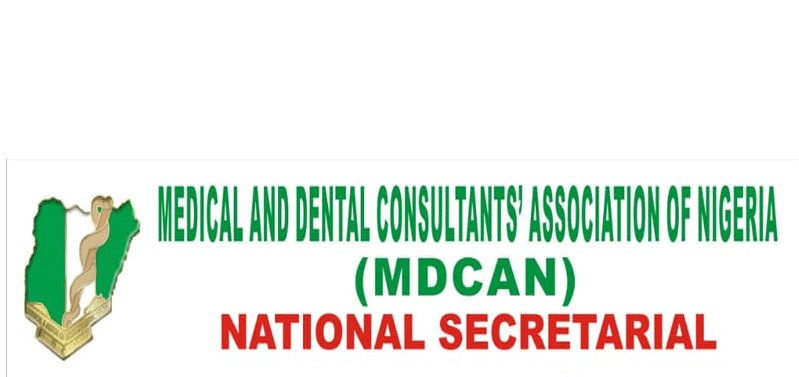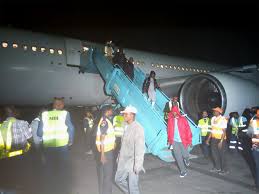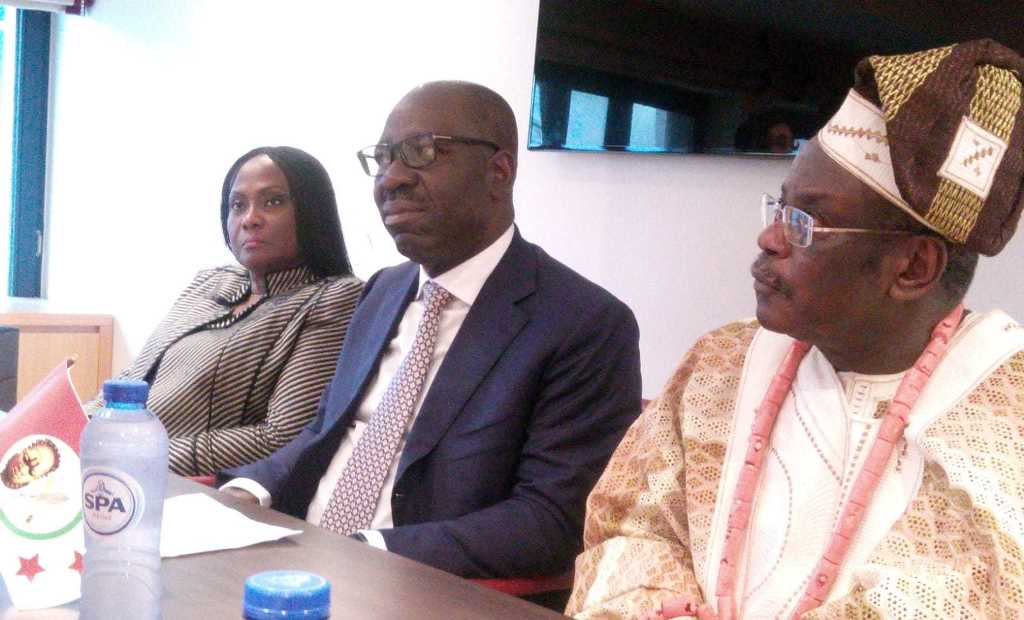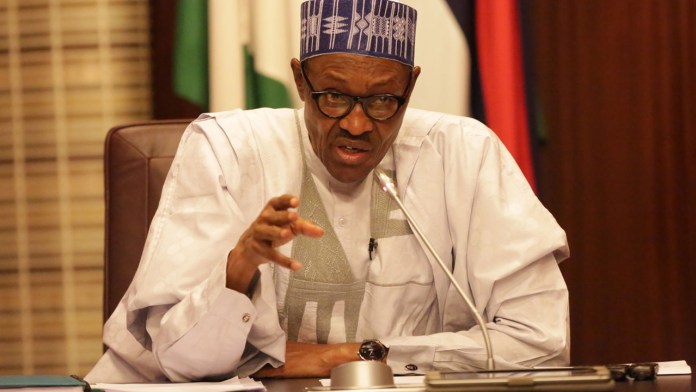NIGERIA ranks third among Africa’s ‘big 5’ private wealth markets behind South Africa and Egypt and more than ever before, affluent individuals are using the mechanism of investment migration as a hedge against unrelenting currency, market and political volatility on the continent.
The country which had a projected 15 per cent growth rate in the 2021 Africa Wealth Report, moved up four steps from its 7th position, as both Lagos and Abuja were listed in the top 20 Africa’s wealthiest cities index for this year.
The report published by Henley & Partners in partnership with New World Wealth, revealed that the total private wealth currently held on the African continent is $2.1 trillion and is expected to rise by 38 per cent to approximately $3 trillion over the next 10 years, while the current cumulative wealth of private individuals in Nigeria stands at $228 billion.
Africa’s ‘Big 5’ private wealth markets account for over 50 per cent of the continent’s total wealth and there are currently 136,000 high-net-worth individuals (HNWIs) with private wealth of $1 million or more living in Africa, along with 305 centi-millionaires worth $100 million or more, and 21 billionaires.
The report reveals that wealthy investors from the Africa are futureproofing themselves and their families for whatever might lie ahead through residence and citizenship by investment.
South Africa and Nigeria are in the top 10 countries globally in terms of both enquiries and applications for investment migration in 2022 and in the first half of the year, had already received 63 per cent of the enquiries received in the entire 2021 year from affluent citizens of African countries.
Head of Henley & Partners Nigeria Stuart Wakeling, said Covid, climate change and conflict, including the war in Europe, are currently key drivers of investment and wealth migration.
“In addition to the traditional benefits of enhanced global mobility, for the African investor, residence and citizenship by investment programs offer a proven diversification strategy in terms of wealth and legacy management and domicile optionality, and many programs also include the option to invest in real estate, which itself has multiple yields,” Wakeling stated.
The appeal of investment migration for affluent families, according to the report, is due to the many benefits, ranging from domicile diversification to global mobility enhancement, accessing world-class education and healthcare, or having a plan B in times of turmoil.
“As the post-pandemic era commences, African entrepreneurs and investors face new choices about where best to locate their families as well as their headquarters, production, and workforces.
“Investment migration provides a channel for building a portfolio of multiple complementary residences and citizenship options to enable you to take advantage of opportunities, as well as hedge against the volatility and risks that the new world order might bring,” the report said.
According to Henley & Partners’ data, the top five programs that African nationals are enquiring about in 2022 are the Portugal Golden Residence Permit Program, the St. Kitts and Nevis Citizenship by Investment Program, the Canada Start-Up Visa Program, the Antigua and Barbuda Citizenship by Investment Program, and the UK Innovator Program.
European destinations such as Malta, Montenegro, Spain, and Greece are also popular to secure either residence rights or citizenship through investment.
Commenting in the report, international author and Chief Executive Officer of MyGrowthFund Venture Partners Vusi Thembekwayo, said the ascent of new wealth economies, along with megacities and the diversification of wealth-creating sources are just some of the exciting trends driving the creation and flow of capital across the continent.
“Africa’s story is one of polar domination, with the largest wealth management centers traditionally situated in South Africa, Egypt and Morocco, but the rise of frontier economies that are attracting new wealth by positioning themselves as preferred investment destinations is challenging this narrative,” Thembekwayo said, noting that Mauritius and the Seychelles have recently been the most deliberate with this strategy.
Senior Consultant at Henley & Partners Nigeria Chidinma Okebalama, adds that many sub-Saharan countries are most vulnerable to climate change as well as having poor global mobility, with their passports ranking consistently low on the Henley Passport Index.
She highlights in the report that African HNWIs place a particularly high value on family and leaving a lasting legacy for the benefit of future generations.
“Most investment migration programs enable investors to include family members in their applications, and some allow qualifying siblings, parents and grandparents as well, making these programs an ideal mechanism for protecting loved ones by ensuring that they have optionality in terms of where they can live, work, study, and retire to in the years ahead,” she said.




